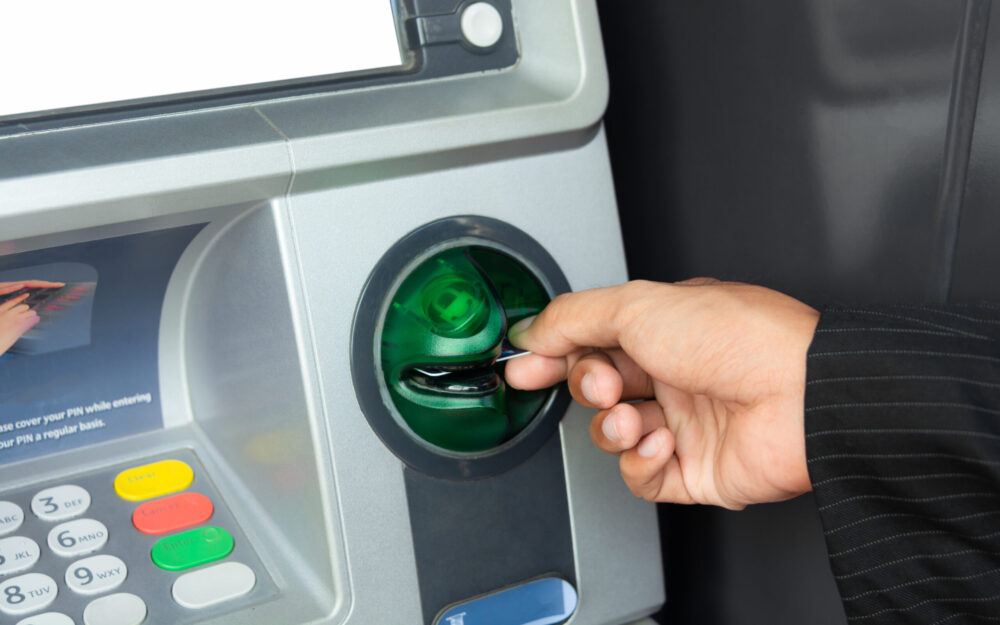As a trustee, you hold the great responsibility of handling the funds in a trust when its grantor, unfortunately, passes on. With this, there are certain circumstances in which you can and cannot use money from this fund. Read on to discover when you are allowed to withdraw money and how a seasoned Putnam County trusts attorney at The Law Office of Andres D. Gil, PLLC can guide you on this conduct.
When is a trustee allowed to withdraw money from a trust?
One of the primary functions of a trust fund is to pay off the expenses that are a result of a grantor’s passing, or that were left behind with a grantor’s passing. And so, a trustee is allowed to withdraw money from a trust for any of the following reasons:
- To pay off the funeral and burial expenses incurred by the grantor’s passing.
- To pay off any outstanding debts and taxes the grantor has left behind.
- To pay off any expenses related to the properties included in the grantor’s trust.
- To pay off any professionals who have assisted in the administrative tasks for the grantor’s trust.
This is not to mention that you must withdraw the remaining assets and distribute them to designated beneficiaries. These funds should be administered as directed by the grantor in the terms and conditions of their trust. With this, a grantor may even order you to invest this money on behalf of their beneficiaries.
When is a trustee not allowed to make a withdrawal?
You carry of fiduciary duty as a trustee. This means that you must act with care, loyalty, and good faith when managing a grantor’s trust. In other words, you cannot make withdrawals for any reason that would breach this duty. Examples are as follows:
- You may not withdraw money from a trust for a reason that directly benefits you.
- You may not withdraw money from a trust to make investments that do not benefit its beneficiaries in any way.
- You may not withdraw money from a trust and distribute it in a way that directly goes against the grantor’s instructions.
If you are found to be self-dealing, or otherwise mishandling funds, then its beneficiaries may come forward and contest the trust. They may argue that your negligent actions diminished the value of the trust, and they ultimately did not receive the payout they were entitled to. Subsequently, the New York probate court may order you to a surcharge; meaning, you may be required to pay compensatory damages to beneficiaries.
You must take your role as a trustee seriously. So pick up the phone and call a competent Putnam County estate planning attorney today. Someone from The Law Office of Andres D. GIl, PLLC will be happy to answer.
 ?>
?>


